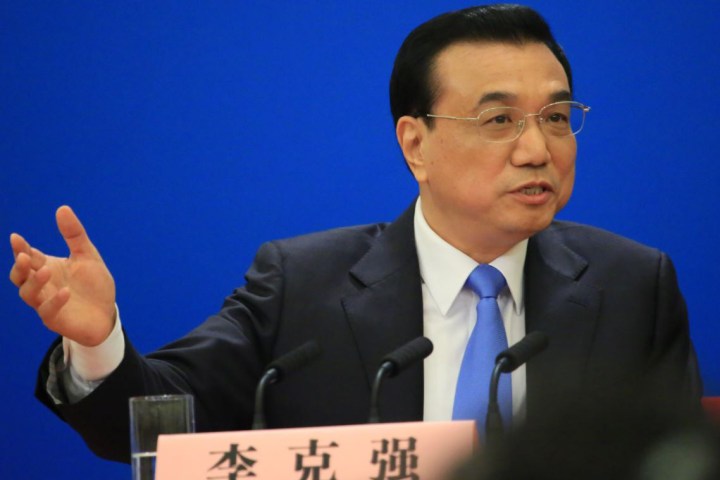
As part of Internet Plus, China plans to bolster its research and development spending to a total of 2.5 percent of gross domestic product through 2020. This represents an increase of 0.4 percent, as such spending accounted for 2.1 percent of GDP from 2011 to 2015. In a speech announcing the new way forward, Premier Li Keqiang called this growth a “remarkable achievement.”
China will also look to decrease its dependency on foreign imports and non-domestic tech innovations, instead investing more resources into homegrown companies. Needless to say, this has already drawn protests from countries like the U.S., for whom China’s relatively untapped market presents a huge opportunity.
Moreover, Internet Plus promises that families in “large cities” will have access to 100 megabyte-per-second Internet, and that broadband services will reach 98 percent of the population living in incorporated villages.
Doubtless, this new plan will also come with increased restrictions on the sort of content the Chinese government allows their citizenry access to. Part of the plan Li announced includes more “precise” Web management meant to “clean up illegal and bad information.” This, the government says, will “strengthen the struggle against enemies in online sovereign space and increase control of online public sentiment” by way of more “perfect cybersecurity laws and legislation.”
So look out, world. China is entering the 21st century like never before. And it’s doing it with what might be called something of a vengeance.
Editors' Recommendations
- China’s first crewed space mission in five years set for launch Thursday
- Amazon bets big on its internet-from-space plan with major new facility


